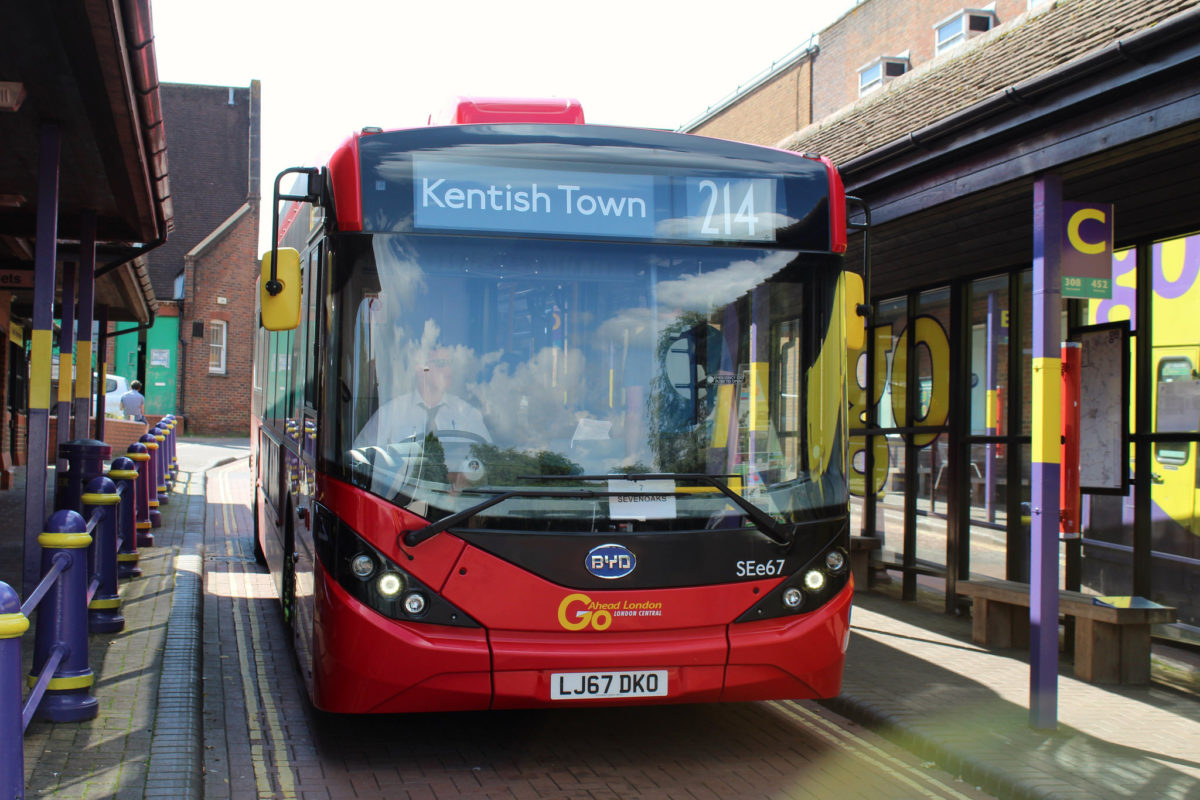The Tamil Nadu government will purchase 2,000 low-maintenance, battery-operated buses as part of its endeavor to adopt environmentally-friendly public transport. The buses would run in Chennai, Coimbatore and Madurai in the first phase of their deployment.
For the purchase, the state government is planning to borrow from German state-owned development bank KfW at 2% interest, transport minister MR Vijayabhaskar told the Times of India newspaper.
The news comes after interim finance minister Piyush Goyal announced recently “India will lead the world in transport revolution through use of electric vehicles and energy storage solutions. This will help in cutting down costly imports of oil, enhance energy security and lead to savings of foreign exchange.”
In a move to boost Make In India, and thus enable faster adoption of electric vehicles, the Indian government recently reduced customs duty on EV parts and components, from 15-30% to 10-15%.
Only 260,000 EVs operate on Indian roads, the majority of them two-wheelers. By contrast, China had a stock of 1.8 million EVs and 258 million e-bikes at the end of last year, according to a report by Wood Mackenzie.
This year is set to be an important one for Indian electric transport, as the final version of the National Auto Policy will be issued, along with the second phase of the Faster Adoption and Manufacturing of [Hybrid and] Electric Vehicles (FAME) scheme.
This content is protected by copyright and may not be reused. If you want to cooperate with us and would like to reuse some of our content, please contact: editors@pv-magazine.com.









1 comment
By submitting this form you agree to pv magazine using your data for the purposes of publishing your comment.
Your personal data will only be disclosed or otherwise transmitted to third parties for the purposes of spam filtering or if this is necessary for technical maintenance of the website. Any other transfer to third parties will not take place unless this is justified on the basis of applicable data protection regulations or if pv magazine is legally obliged to do so.
You may revoke this consent at any time with effect for the future, in which case your personal data will be deleted immediately. Otherwise, your data will be deleted if pv magazine has processed your request or the purpose of data storage is fulfilled.
Further information on data privacy can be found in our Data Protection Policy.